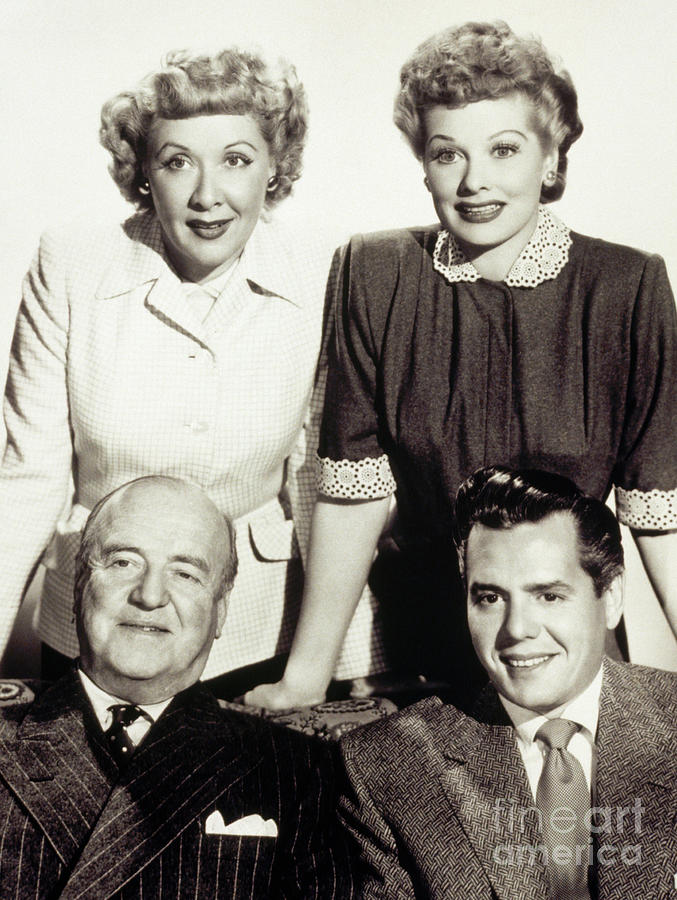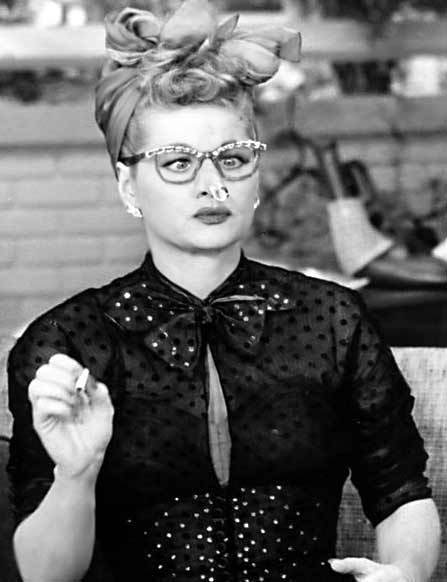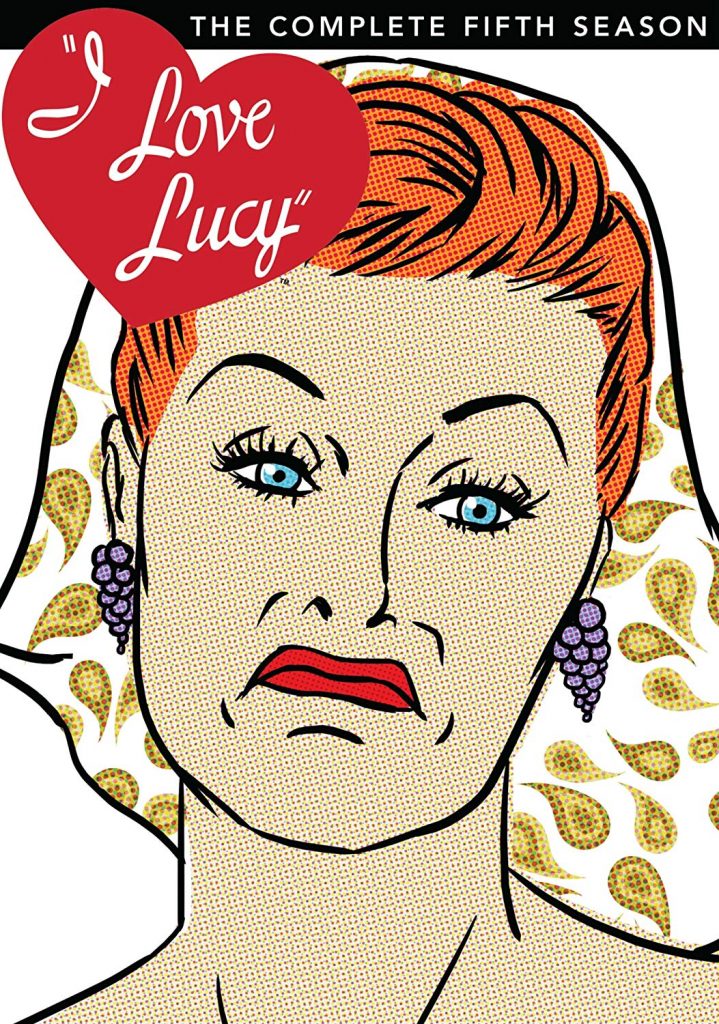What makes a television show a timeless classic, one that continues to resonate with audiences generations after its initial broadcast? I Love Lucy, the groundbreaking sitcom that aired from 1951 to 1957, not only achieved unparalleled popularity during its run but also revolutionized the landscape of television comedy and continues to charm viewers worldwide.
The enduring appeal of I Love Lucy lies in its sharp writing, physical comedy, and the undeniable chemistry between its stars. The show, created by Jess Oppenheimer and directed primarily by William Asher, followed the misadventures of Lucy Ricardo, a vivacious and often scheming housewife, and her Cuban bandleader husband, Ricky Ricardo, alongside their best friends and landlords, Ethel and Fred Mertz. Its simple premise – the everyday struggles and triumphs of a group of friends living in New York City – belied its profound impact on the medium.
| Actor/Character | Role in I Love Lucy | Birthdate | Death Date | Additional Notes |
|---|---|---|---|---|
| Lucille Ball | Lucy Ricardo | August 6, 1911 | April 26, 1989 | Won Emmy for Best Actress (1953), Co-founder of Desilu Productions |
| Desi Arnaz | Ricky Ricardo | March 2, 1917 | December 2, 1986 | Co-founder of Desilu Productions, Bandleader |
| Vivian Vance | Ethel Mertz | July 26, 1909 | August 17, 1979 | Known for her comedic timing and partnership with Lucille Ball. |
| William Frawley | Fred Mertz | February 26, 1887 | March 3, 1966 | A veteran character actor, known for his grumpy persona |
| Keith Thibodeaux | Little Ricky | December 1, 1950 | - | Joined the cast at age 5, the only surviving primary cast member |
Reference: IMDb - I Love Lucy Full Cast & Crew
The show's success was undeniable. It dominated the ratings, becoming the most popular show in America for four of its six seasons. Its influence extended beyond mere viewership figures. I Love Lucy pioneered several techniques that are now standard practice in television production. The use of three cameras for filming, allowing for multiple angles and dynamic editing, was a significant innovation. The show also filmed in front of a live studio audience, capturing the energy and immediacy of a live performance.
Lucille Ball's comedic genius was the cornerstone of I Love Lucy. Her physical comedy, timing, and ability to portray both slapstick and genuine emotion were unmatched. Desi Arnaz, in the role of Ricky Ricardo, brought a charismatic presence and musical talent. Their on-screen chemistry, fuelled by their real-life marriage, added an extra layer of authenticity and appeal. Vivian Vance, as Ethel Mertz, and William Frawley, as Fred Mertz, formed a brilliant supporting cast, providing a perfect foil for the antics of the Ricardos.
The impact of I Love Lucy transcended its comedic value. The show tackled social issues with sensitivity and humor. While it often reflected the societal norms of the 1950s, it also subtly challenged gender roles and offered glimpses into the lives of ordinary Americans. The show's depiction of a mixed-race marriage (Lucille and Desi were married in real life) was also a groundbreaking and often subtle commentary on the times.
The production company, Desilu Productions, co-founded by Lucille Ball and Desi Arnaz, played a crucial role in the show's success and its lasting legacy. Desilu pioneered the use of film for television production, moving away from the live broadcast model that was common at the time. This allowed for reruns and syndication, ensuring that I Love Lucy would continue to reach audiences long after its original run.
The show's writers, including Jess Oppenheimer, Bob Carroll Jr., and Madelyn Pugh Davis, were instrumental in crafting the brilliant scripts that fueled the show's success. They consistently delivered witty, clever, and often absurd storylines that kept viewers coming back for more. The enduring popularity of I Love Lucy can be attributed to the creative synergy between the cast and crew.
The series garnered five Emmy Awards. This recognition from the television industry validated the show's artistic merit and its cultural importance. Lucille Ball herself was awarded the Emmy for Best Actress in 1953, showcasing her significance to the show and TV history. These awards, along with other accolades, cemented I Love Lucy as a landmark program in the history of television.
The episodes of I Love Lucy are filled with iconic moments, from Lucy's attempts to join Ricky's band to her disastrous attempts at working in a chocolate factory. These scenes are instantly recognizable and have become deeply ingrained in popular culture. The show's humor, though rooted in the mid-20th century, remains relevant today, offering a glimpse into a bygone era while still managing to elicit laughter from modern audiences.
The series' syndication across decades and multiple platforms has ensured its continued availability to new generations of viewers. Its accessibility across various mediums has allowed people to discover, rediscover, and appreciate its brilliance. From television to streaming services, I Love Lucy maintains a continuous presence in popular culture.
The legacy of I Love Lucy continues to be celebrated. The show has been referenced and parodied countless times. Its influence can be seen in the work of numerous comedians and television writers. The show paved the way for future sitcoms, influencing the structure, tone, and comedic style of generations of television comedies. The show's influence on American television is immeasurable.
The recent passing of the only surviving cast member, Richard Keith (born Keith Thibodeaux), who played Little Ricky, is a somber reminder of the passage of time. While many of the cast and crew have passed on, their creative efforts and performances continue to live on through the show itself. His role in the show helped ensure I Love Lucy's appeal to younger viewers.
The enduring popularity of I Love Lucy is a testament to its universal themes, relatable characters, and the exceptional talent of everyone involved. The show is more than just a collection of funny episodes; it's a cultural touchstone, a reflection of American life, and a celebration of the power of laughter. From its innovative production techniques to its groundbreaking performances, I Love Lucy remains an unforgettable classic, a show that will undoubtedly continue to entertain and inspire audiences for many years to come.
The technical innovation of the show played a major part in its massive success. Filming with three cameras and editing the footage allowed for a level of visual storytelling that was unheard of in television at the time. This technique, coupled with the use of film instead of the then-common live broadcasts, meant that the episodes could be preserved and replayed, ultimately extending the show's reach.
The show's success, however, was not solely dependent on its technical prowess. It was the creative vision of its creators, the acting abilities of its stars, and the strong foundation provided by its stories that truly secured its place in television history. The chemistry between Lucille Ball and Desi Arnaz, both on and off-screen, gave the program an unmistakable appeal that audiences couldn’t get enough of.
The ensemble of characters and their interactions provided much of the show's charm. The friendship between Lucy and Ethel, their shared schemes, and the dynamic with their husbands brought warmth, hilarity, and a sense of familiarity to viewers. The comedic timing and the ability of the actors to find humor in ordinary situations are what made I Love Lucy such a success.
In addition to the stars' charisma, the writing of the show was another crucial element. The writers, who were masters of their craft, came up with many storylines for the program, each one crafted to be funny and memorable. The scenarios, whether Lucy trying to break into show business or the various misadventures the Ricardos and Mertzes had, always resulted in laughs.
The combination of these factors helped to make I Love Lucy a watershed moment in television. It became the blueprint for future sitcoms, and is still recognized as one of the best programs in the history of television. The show proved that humor, relatable characters, and quality production values could combine to create a television phenomenon that would endure for generations.
The episode Job Switching, also known as The Chocolate Factory, is a prime example of the show's comedic brilliance. The sequence, with Lucy and Ethel working on an assembly line and struggling to keep up with the chocolates, is frequently considered one of the greatest comedic moments in television history. This episode is a perfect example of the physical comedy, the sharp writing, and the comedic timing that made I Love Lucy so iconic.
The show's legacy can be seen in the countless sitcoms that followed, all of which have incorporated the strategies that I Love Lucy introduced. From the use of live audiences to the reliance on character-driven comedy, the show helped to develop the modern sitcom formula. I Love Lucy made an indelible mark on television and is still inspiring artists and delighting viewers.
The cultural influence of I Love Lucy is still felt today. Its characters, catchphrases, and comedic scenarios have all become embedded in the cultural consciousness. People around the world can still quote lines and recall iconic moments from the series, demonstrating its lasting power. Its impact on television and the entertainment industry is undeniable.
The series' success also helped solidify the careers of its stars. Lucille Ball, in particular, became one of the most recognizable figures in television. She would later go on to found Desilu Productions, which would become one of the most successful independent production companies in Hollywood. Desi Arnaz, too, had a successful career as a musician and producer.
The show's popularity also had a significant impact on the television industry in general. I Love Lucy demonstrated that a show could be both popular and critically acclaimed. It opened the door for other comedies and showed that humor could be a powerful tool for storytelling. The show played a huge part in shaping the industry and the way television is made.
The series’ lasting effect on the sitcom format lies in its innovative techniques and emphasis on character development. The show was filmed using three cameras and in front of a live audience, which offered a more immediate feel. The focus on the characters and their relationships became a template for sitcoms that followed, influencing the storytelling method for years to come.
The success of “I Love Lucy” is a testament to its enduring appeal and the brilliance of everyone involved. The program continues to bring laughter to audiences around the world. The series' enduring popularity is a testament to its universal themes, relatable characters, and exceptional performances.



